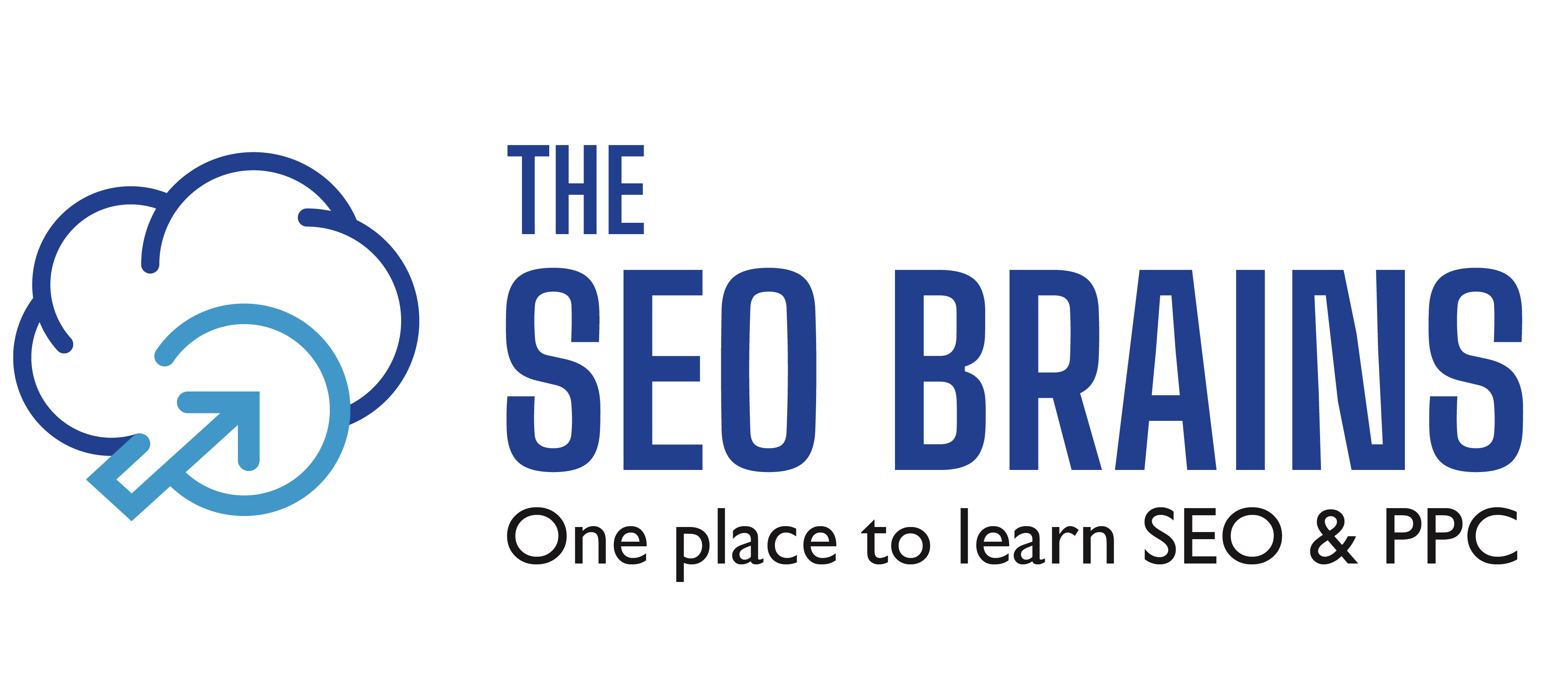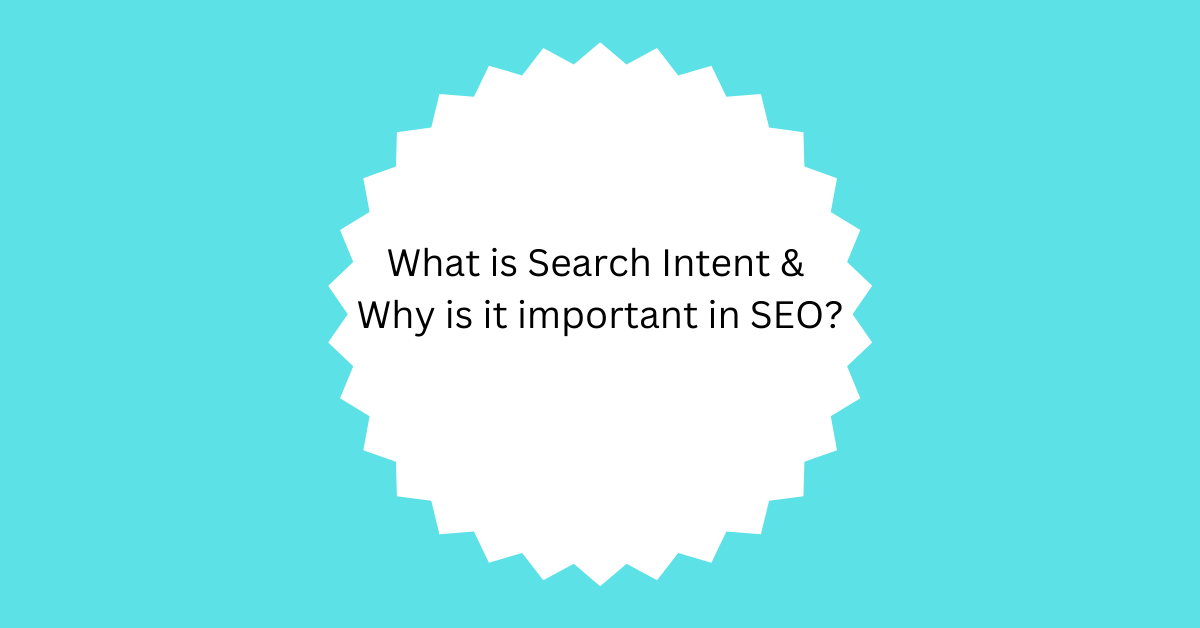What does search intent mean? The main reason a user enters a query into a search engine is to perform a search (often referred to as user intent). Users frequently utilize search to look for a certain kind of resource or answer.
In this article we will cover in depth what does search intent means in simple terms & why is it important for SEO? And explain you all different types of search intents.
What is search intent?
The reason for a search query is known as search intent. To put it another way, why did the person conduct this search? Do they wish to gain knowledge? Are they looking to buy something? Is it possible that they’re seeking a certain website?
Why Search Intent Matters?
The goal of Google is to give users the most relevant result for their search. Google also states its mission is to “Organize the world’s information and make it universally accessible and useful.”
How Search Intent Is Useful For SEO?
If you want to rank in Google in 2021, you need to be the most relevant result for the query. First and foremost, that means creating content that aligns with search intent.
So if you’re trying to rank for “best PPC Management Software,” don’t try to shoehorn your landing page into the SERPs. It’s not going to happen. Google knows what users want to see when they search for this query, and it isn’t that. It’s information; blog posts; comparison charts; etc.
In 2022, relevance is the foundation of SEO success.
There are four types of Search Intent. They are:
- Informational
- Navigational
- Transactional
- Commercial
Informational:
The searcher is looking for information. This might be an answer to a simple question like “who is the prime minister of India?”However, not all informational searches are formulated as questions.
Examples:
- Best PPC Management Software
- How to optimize paid campaigns?
- Who is Neil Patel?
- Directions to Bangalore airport
Navigational:
The person conducting the search is seeking for a specific website. They’ve already decided where they’d like to go. It’s probably just easier for them to Google it rather than typing the complete URL into the address box. They can also be unsure about the URL’s exact address.
Examples:
- “Optmyzr”
- “Facebook Login”
- “Beginners guide to SEO – Niel Patel”
- “Netflix Pricing”
Transactional:
The searcher is looking to buy something. They’re on the lookout for anything to buy. They most likely already have an idea of what they want to acquire. They’re looking for a store/website where they can get it.
Examples:
- “Buy PPC Management Software”
- “Buy Macbook Pro”
- “Samsung S10 cheap”
- SEMRush Premium Price”
Commercial:
The searcher is looking for a specific product or service but hasn’t made up their mind on which option is best for them. They’re most likely seeking for comparisons and reviews. They’re still weighing up their options.
Examples:
- “Optmyzr reviews”
- “Moz Vs SEMRush”
- “Best restaurant in MG Road”
- “Plumbers Near Me”
Got any questions related to search intent? Or do you want me to cover any other topics? Do let me know in the comment below or write to me at theseobrains@gmail.com.


Comments